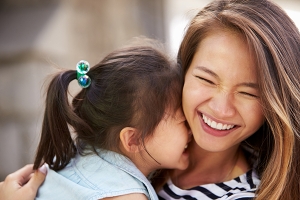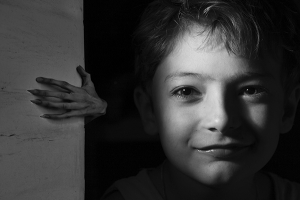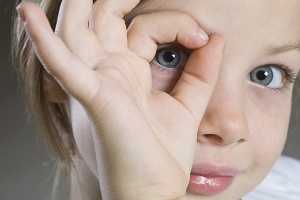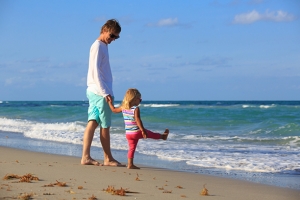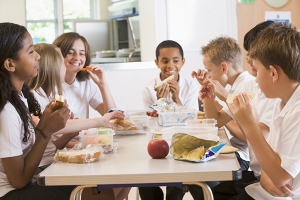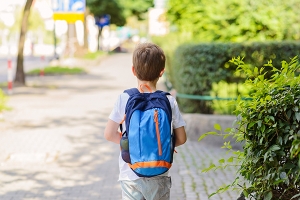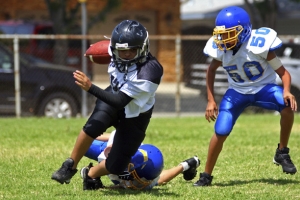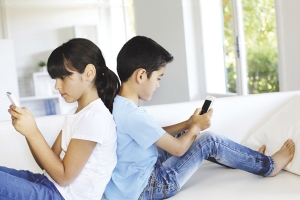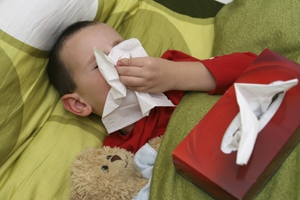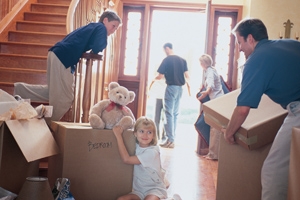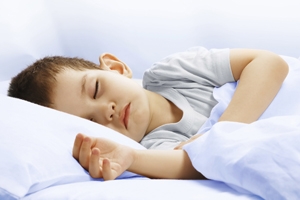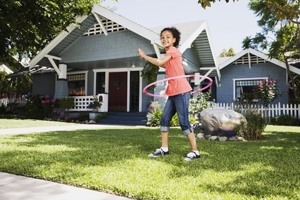American Red Cross Tips Help Kids Stay Safe When Home Alone:
Develop and practice a plan to ensure safety after school

Many children spend time home alone after school until their parents get home from work. The American Red Cross has steps parents and children can take to make these after-school hours safer and less stressful.
“Decide if your child is mature enough to be home alone and ask him or her if they would be comfortable being alone.” Joe W. Craver, chief executive officer of the San Diego and Imperial Counties Chapter of the American Red Cross. “Parents and guardians should develop a home safety plan and discuss it and practice it with their children.”
“After-school child care, programs at schools and youth clubs, or youth sports programs are alternatives for children who are not mature enough or uncomfortable staying home alone,” added Craver.
If the child is going to go home after school, it’s a good idea to have them call to check in when they get home. For an older child, set ground rules about whether other kids can come over when the parents are absent, whether cooking is an option, whether they can leave the home.
Other steps that parents and guardians can include in their home safety plans:
- Post an emergency phone list where the children can see it. Include 9-1-1, the parents work and cell numbers, numbers for neighbors, and the numbers for anyone else who is close and trusted.
- Identify neighbors whose home your child can go to in case of an emergency that requires your child to leave your home.
- Practice an emergency plan with the child so they know what to do in case of fire, injury, or other emergencies. Write the plan down and make sure the child knows where it is.
- Make sure the first aid kit is stocked and stored where your children can find it; keep it out of reach of young children.
- Let children know where the flashlights are kept. Make sure that the batteries are fresh, and that the child knows how to use them.
- Remove or safely store in locked areas dangerous items like guns, ammunition, knives, hand tools, power tools, razor blades, scissors, and other objects that can cause injury.
- Make sure potential poisons like detergents, polishes, pesticides, car-care fluids, lighter fluid and lamp oils are stored in locked cabinets or out of the reach of children.
- Make sure medicine is kept in a locked storage place or out of the reach of children.
- Install safety covers on all unused electrical outlets.
- Limit any cooking a young child can do. Make sure at least one approved smoke alarm is installed and operating on each level of the home.
- Limit the time the child spends in front of the television or computer. Activate parental controls. Use programs that limit the sites children can visit, restrict chat sites and allow parents to monitor online activity.
Safety Steps for Children at Home Alone
When talking to kids about being at home alone, parents should stress the following steps, and post them somewhere to remind the child about what they should, or shouldn’t, do until mom, dad or caregiver get home:
- Lock the door and make sure all the windows are closed and locked.
- If the home has an electronic security system, children should learn how to turn it on and have it on when home alone.
- Never open the door to strangers. Always check before opening the door to anyone, looking out through a peephole or window first. Only open the door for people that parents and guardians have given you permission to let in the house. If unsure, contact your caregiver.
- Never open the door to delivery people or service representatives. Ask delivery people to leave the package at the door or tell them to come back at another time. Service representatives, such as a TV cable installer, should have an appointment when an adult is home.
- Never tell someone on the telephone that the parents are not at home. Say something like “He or she is busy right now. Can I take a message?”
- Do not talk about being home alone on public websites. Kids should be cautious about sharing information about their location when using chat rooms or posting on social networks.
- Never leave the house without permission. If it’s okay to go outside, children should contact their parents and tell them where they are going, when they are leaving, and when they will return. If mom and dad are still at work, children should call them when they leave and when they return home.
- Do not go outside to check out an unusual noise. If the noise worries the child, they should call their parents, an adult, or the police.
- Don’t talk to strangers.
- Do not have friends over to visit when your parents aren’t at home. Do not let anyone inside who is using drugs or alcohol, even if you know them.
- If the child smells smoke or hears a fire or smoke alarm, they should get outside and ask a neighbor to call the fire department.
---------------------
published: October 24, 2012

